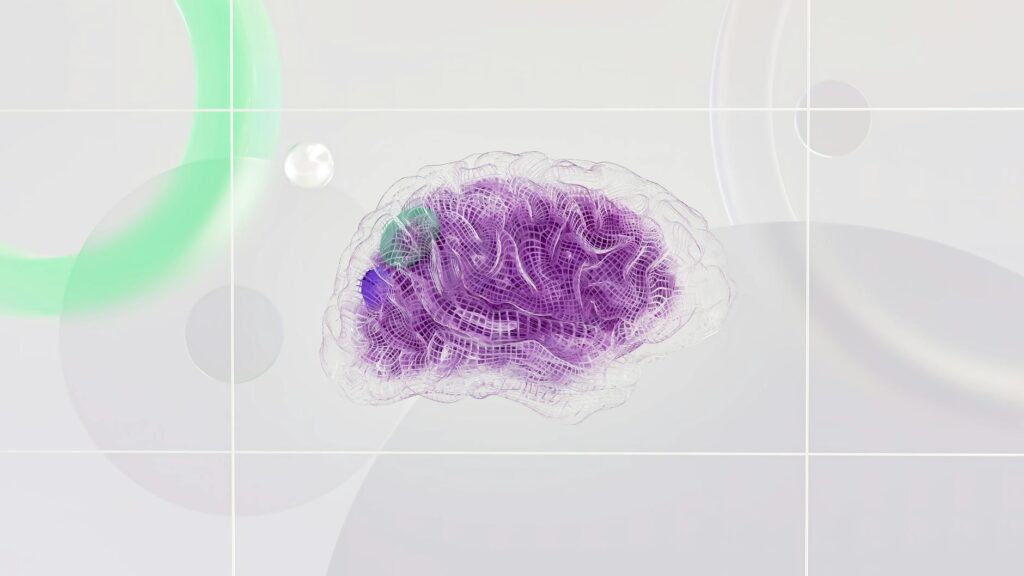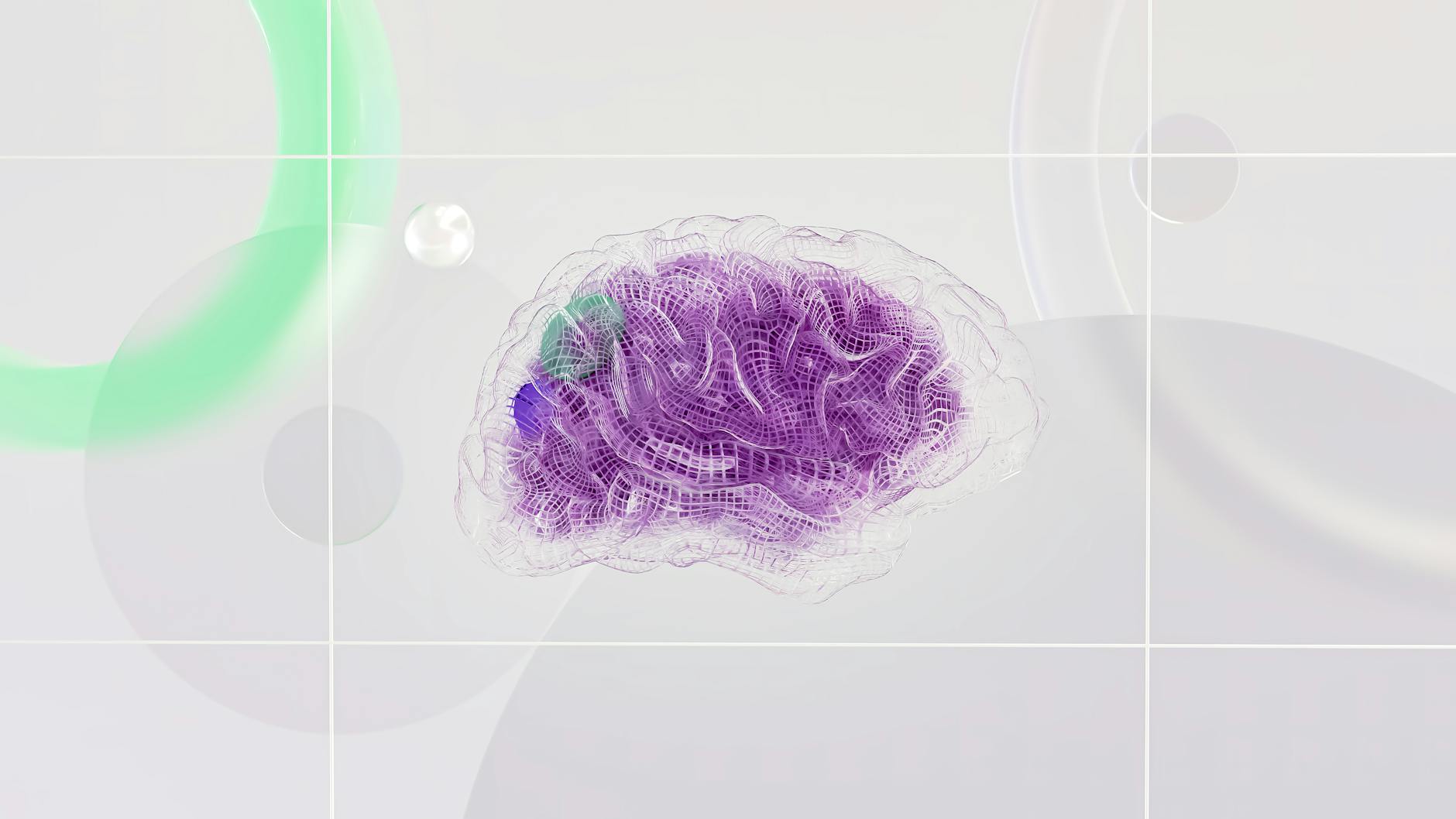What is neuroscience ethics?

What is neuroscience ethics?
Neuroscience ethics has emerged as a vital field within the broader landscape of scientific inquiry and medical practice. As we venture deeper into understanding the brain’s complexities, the ethical implications of this knowledge become increasingly significant. This branch of ethics not only addresses the moral considerations surrounding neuroscience research but also focuses on its applications in clinical settings. Essentially, neuroscience ethics grapples with the profound questions that arise when scientific advancements intersect with human behavior, rights, and societal norms.
Understanding Neuroscience Ethics
Neuroscience ethics is the study of the ethical, legal, and social implications of neuroscience research and practice. This discipline plays an essential role in ensuring that scientific developments are guided by moral principles that respect individual rights and societal norms.
Definition and Scope
At its core, neuroscience ethics encompasses a range of issues related to both research and clinical applications. It involves evaluating how neuroscientific discoveries influence our understanding of the mind and behavior, as well as how these insights can be responsibly integrated into society. This field addresses critical questions such as the appropriateness of certain research methods and the impact of neuroscience on personal autonomy and privacy. For a deeper exploration of these themes, you can refer to neuroethics.
Historical Context
The evolution of neuroscience ethics has been shaped by key milestones in scientific history. The emergence of neuroimaging technologies in the late 20th century, for example, raised ethical concerns about privacy and the interpretation of brain data. Early discussions in this field often focused on the ethical treatment of research participants. Over time, as neuroscience has expanded its reach, so have the ethical questions surrounding its applications. The work of thinkers like J. Illes has greatly influenced our understanding of the ethical landscape in neuroscience, as highlighted in the article on Neuroethics: a modern context for ethics in neuroscience.
Key Ethical Principles in Neuroscience
Several fundamental ethical principles guide neuroscience research and its clinical applications. Understanding these principles helps researchers and practitioners navigate the complex moral landscape of their work.
Informed Consent
One of the cornerstones of neuroscience ethics is informed consent. This principle ensures that research participants are fully aware of the nature of the study, its potential risks, and their right to withdraw at any time. Informed consent is particularly crucial in neuroscience, where the implications of brain research can be profound. Participants must understand how their brain data may be used and the potential effects on their identity and autonomy. The importance of this ethical principle cannot be overstated, as it serves as a foundation for trust between researchers and participants.
Privacy and Confidentiality
Privacy and confidentiality pose significant challenges in neuroscience, especially with the rise of neuroimaging techniques. As researchers gather increasingly detailed brain data, ensuring the confidentiality of this sensitive information becomes paramount. Violations of privacy can lead to stigmatization and discrimination, making it crucial for researchers to implement robust data protection measures. The ethical management of brain data is a hot topic in the field, as it directly impacts participants’ trust and willingness to engage in research.
Dual Use and Misuse of Neuroscience Findings
As with many scientific advancements, neuroscience research carries the risk of dual use. This term refers to the potential for research findings to be applied for both beneficial and harmful purposes. For instance, insights from neuroscience could be misused in military applications or even in shaping societal norms in ways that undermine individual rights. The ethical implications of such misuse are profound, requiring continuous discussion and scrutiny within the scientific community.
Contemporary Issues in Neuroscience Ethics
As the field of neuroscience continues to evolve, several contemporary issues call for ethical consideration.
Neuroscience and AI Integration
The integration of neuroscience with artificial intelligence (AI) raises unique ethical dilemmas. As AI systems increasingly rely on data derived from neuroscience research, questions about accountability and bias come to the forefront. For example, the potential for AI to make decisions based on brain data could challenge our understanding of free will and personal responsibility. Navigating these dilemmas requires careful reflection on the ethical boundaries of both neuroscience and AI technologies.
Cognitive Enhancement
The use of neuroscience technologies for cognitive enhancement presents another challenging ethical issue. While enhancing cognitive abilities may seem beneficial, it raises questions about equity and access. Who gets to benefit from cognitive enhancement technologies? Additionally, there are concerns about the long-term implications of such enhancements on individual identity and societal norms. The ethical landscape surrounding cognitive enhancement is still being shaped, and ongoing discussions are essential for responsible innovation.
Future Directions in Neuroscience Ethics
As technology continues to advance, neuroscience ethics must adapt to new challenges.
Regulatory and Policy Recommendations
To ensure that ethical standards are upheld in neuroscience, regulatory frameworks and policies are crucial. These guidelines should address issues related to informed consent, data privacy, and the responsible use of neuroscience findings. Collaborative efforts among researchers, ethicists, and policymakers can help create comprehensive guidelines that promote ethical research practices while fostering innovation.
Conclusion on Neuroscience Ethics
In summary, neuroscience ethics plays a vital role in guiding the responsible application of neuroscientific knowledge. Adhering to ethical principles is crucial for protecting individual rights, ensuring trust in research, and promoting societal well-being. As neuroscience continues to advance, ongoing dialogue about its ethical implications will be essential for navigating the complex landscape of this dynamic field. By prioritizing ethics in neuroscience, we can help ensure that scientific advancements ultimately serve to enhance human life rather than undermine it.

Photo by Google DeepMind